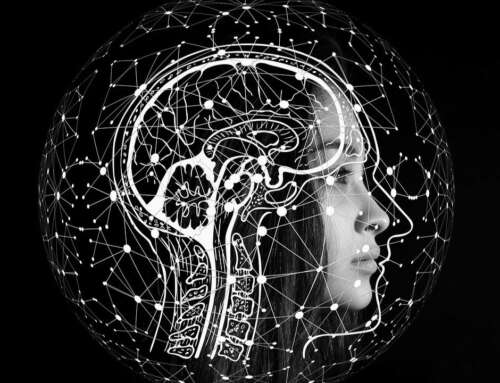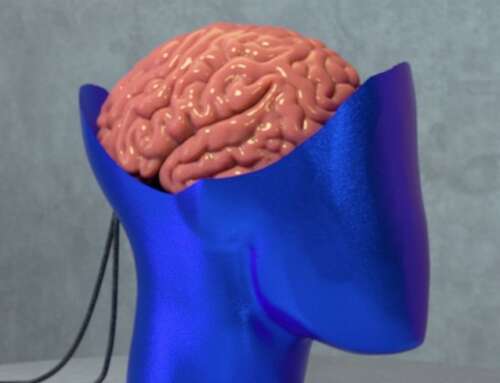Brain development even affects the way teens sleep. Adolescents’ normal sleep patterns are different from those of children and adults. Teens are often drowsy upon waking, tired during the day, and wakeful at night.

Until the age of 10, most children awaken refreshed and energetic. In adolescence, the brain’s biological clock, or circadian rhythm, shifts forward. Melatonin secretions, which trigger sleepiness, start later at night and turn off later in the morning. This natural shift peps up adolescents at the traditional weekday bedtime of 9 or 10 p.m. and can explain why it is so hard to rouse them at sunrise. In contrast, circadian rhythms in middle-aged people tend to swing backward, and many parents struggle to stay awake when their adolescent children are at their most alert.
Teenagers actually need as much sleep or more than they got as children—nine to 10 hours are optimum. Most adolescents are chronically sleep-deprived, averaging a scant six to seven hours a night. Part of the blame can be placed on early starting times for school, which, coupled with many teens’ 11 p.m. and midnight bedtimes, result in a considerable sleep deficit.
Too little sleep can result in uncontrolled napping (either in class or, more dangerously, behind the wheel), irritability, inability to do tasks that are not exciting or of a competitive nature, and dependence on caffeine drinks to stay alert.
Sleep debt also has a powerful effect on a teen’s ability to learn and retain new material, especially in abstract subject areas such as physics, philosophy, math, and calculus.
Battling biology can be daunting, but adults can help teenagers get enough sleep by keeping TVs and electronic gadgets out of their bedrooms, switching to caffeine-free drinks in the evening, and getting them to wind down activity by a reasonable hour. Catch-up sleep on weekends is a second-best option because it can confuse the brain as to when night-time occurs and is not as restorative as regular slumber.
Based on the book: The Teen Years Explained- Guide to Healthy Adolescent Development
Sarah Blunden will be presenting on sleep and teens at the Mental Health & Wellbeing of Young People seminars which are being held throughout all major cities in Australia during 2012.








Leave A Comment